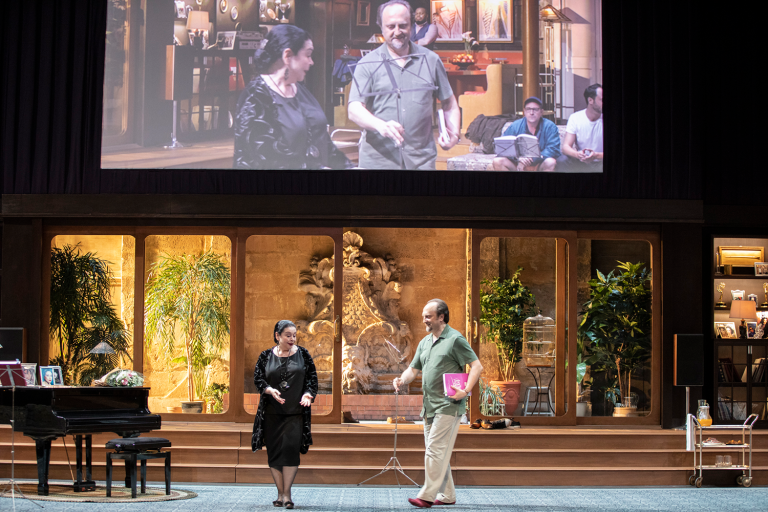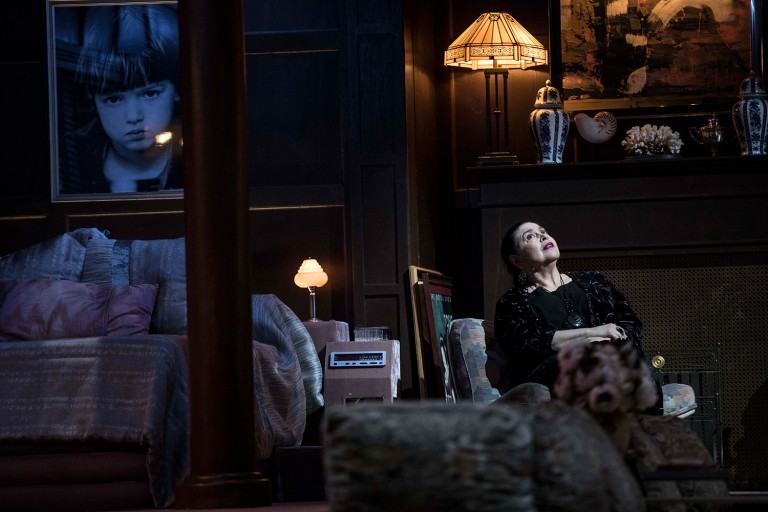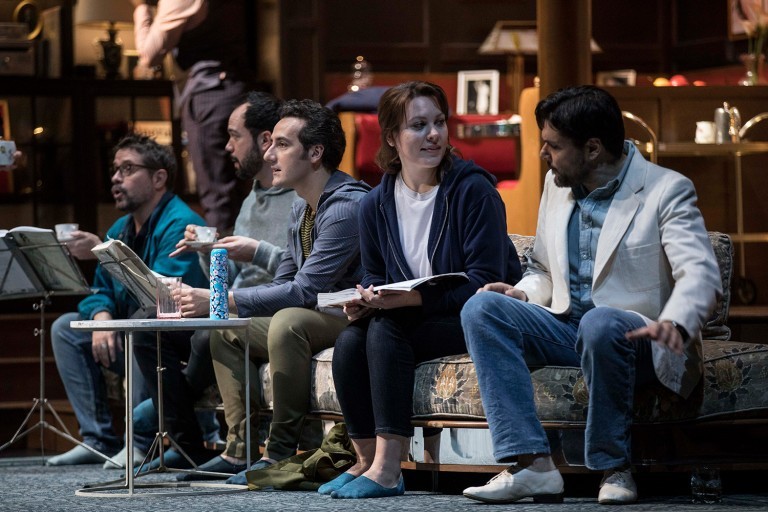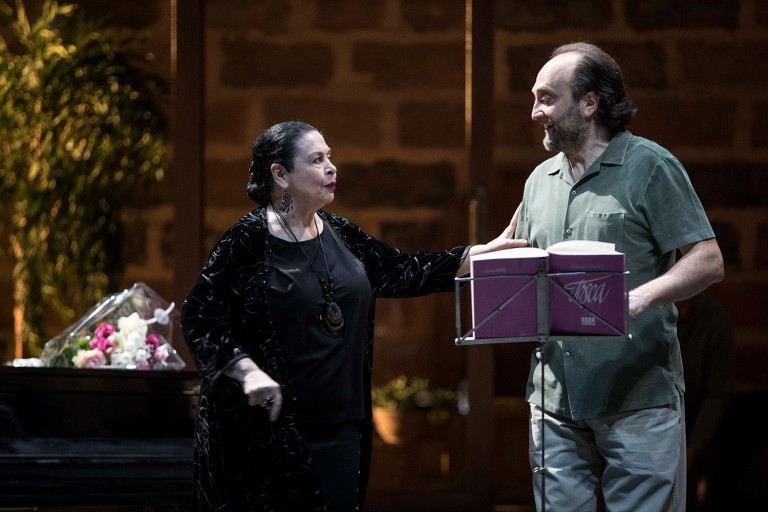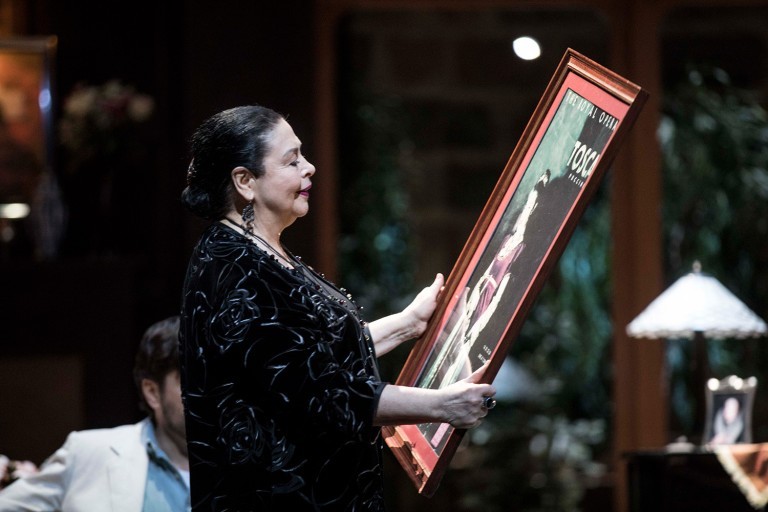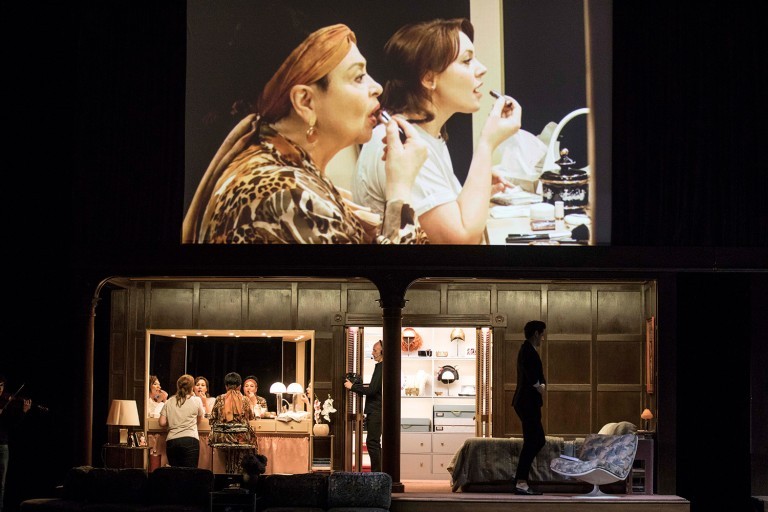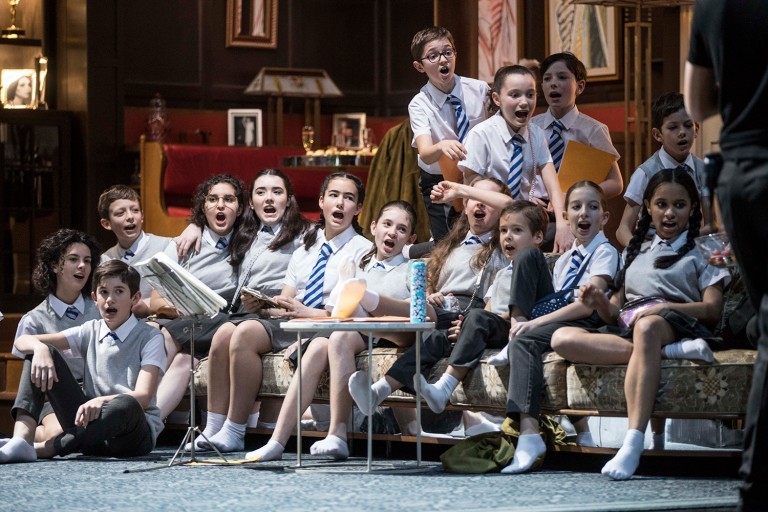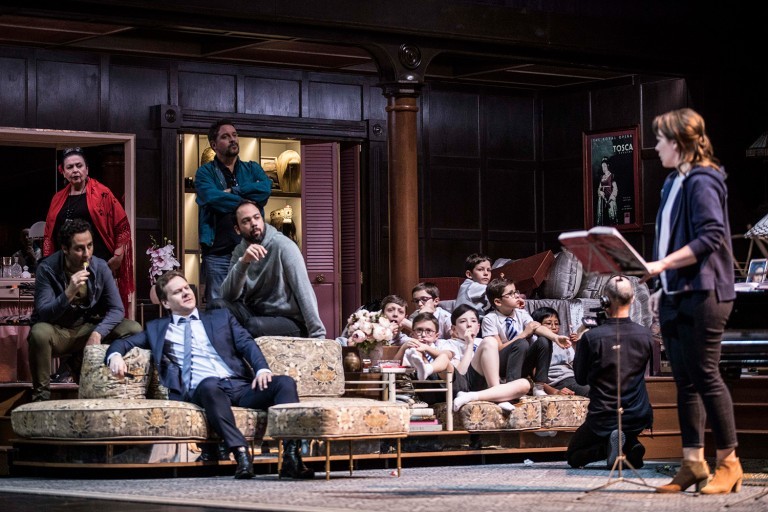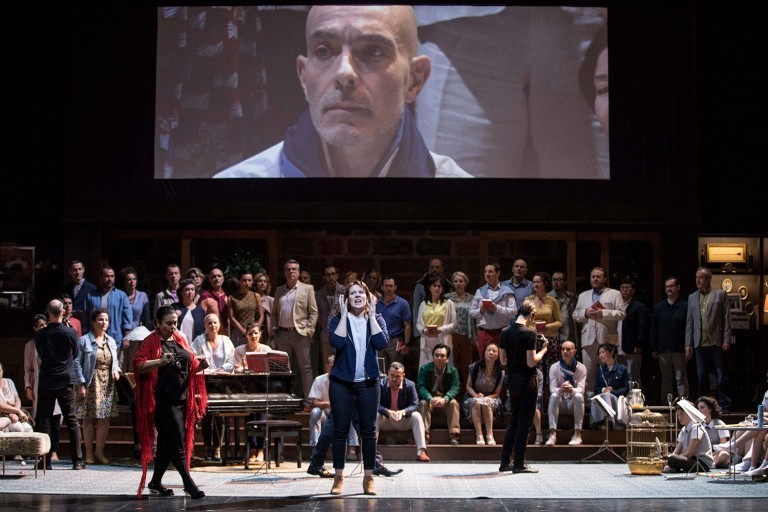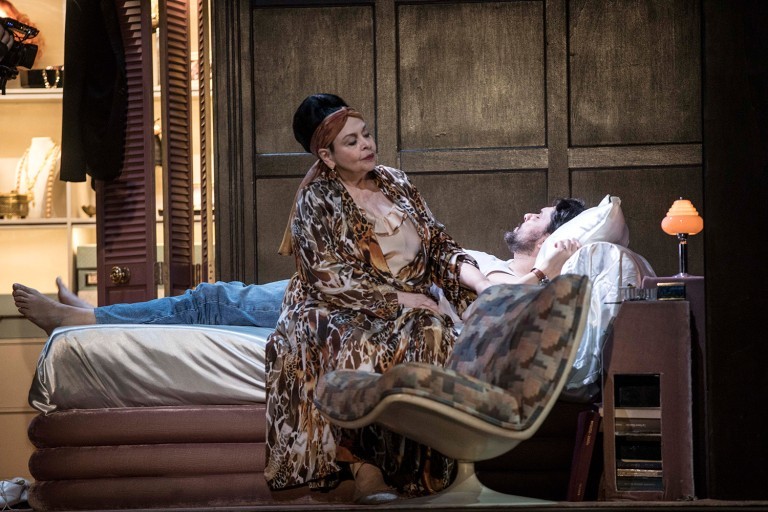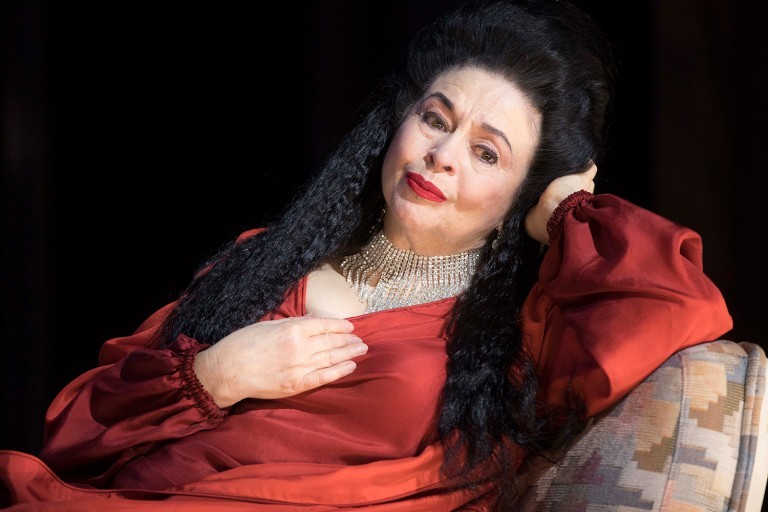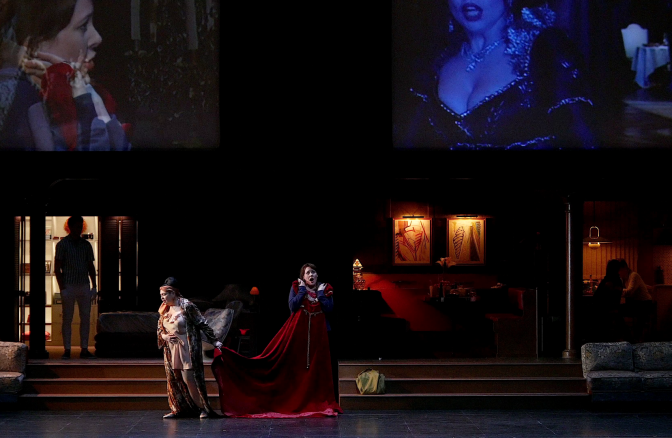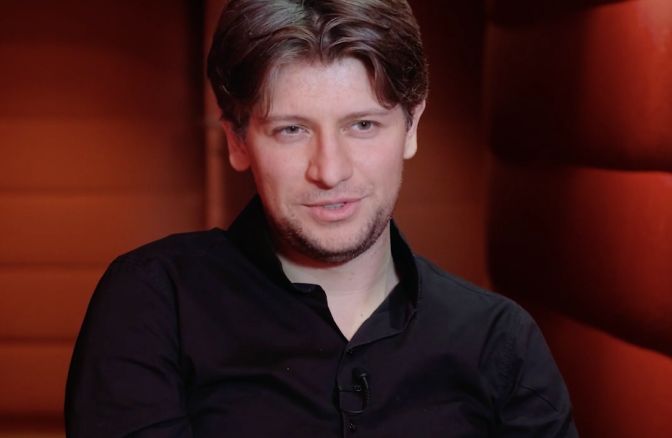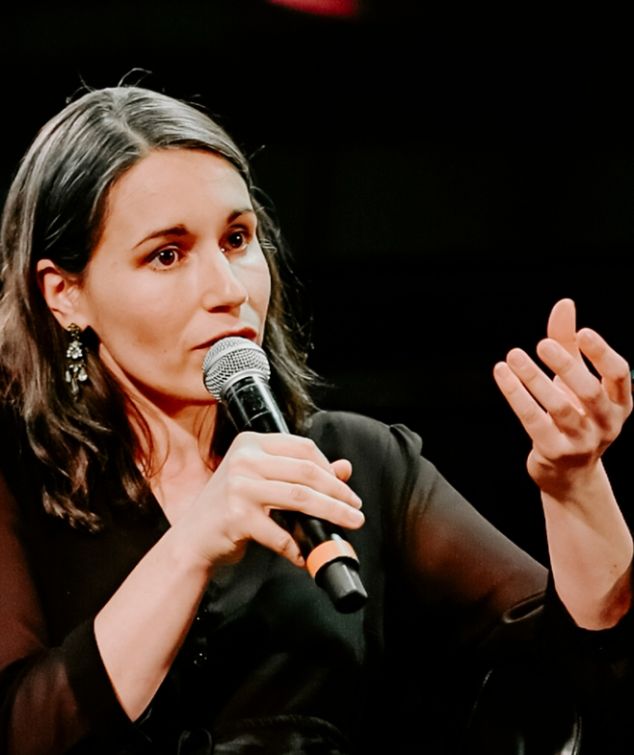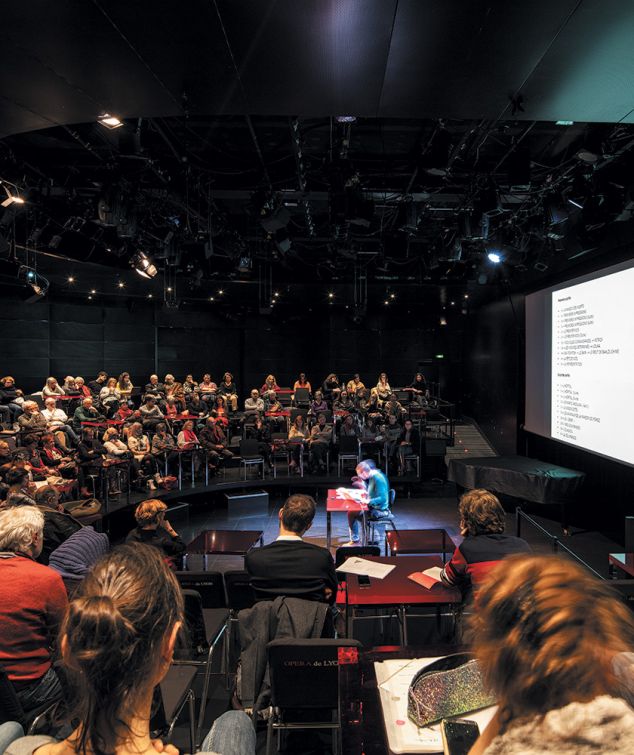Synopsis
June 1800, in Rome. The painter Cavaradossi has been incarcerated by the cruel Scarpia for having helped the ex-consul, who is now on the run. Scarpia then asks the painter’s mistress, the singer Floria Tosca, to give herself up to him in exchange for his liberation. Pretending to abandon herself to Scarpia, she kills him and joins her lover, telling him to play dead in front of the firing squad. But Scarpia had foreseen everything...
An opera for great sopranos
Thanks to this play by Victorien Sardou, the young Puccini found in Tosca the means to "reinvent himself" after the bad experience of his second opera Edgar, which he even disowned. But the adaptation took no fewer than ten years, premiering only in 1900. This long work of pruning turned this classic of the operatic art into a brutal concentration of emotion, in which the characters’ psychology can be felt in the slightest musical motif. But Tosca is also an opera for great sopranos, from its first interpreter Maria Jeritza to La Callas, it is almost an obligatory rite of passage. And now, one of its flagship singers, Catherine Malfitano, is being brought back onto the stage by Christophe Honoré, a particularly original approach. In this mise en abîme of the opera, the brevity of artistic careers, and the cruelty of the passing of time, especially for opera singers, act as an overwhelming echo of Tosca’s cry of distress in the aria Vissi d'arte.
Opera in three acts, 1900
Libretto by Luigi Illica and Giuseppe Giacosa, after the play by Victorien Sardou
New production
As a coproduction with the Festival International d'Art lyrique d'Aix-en-Provence
